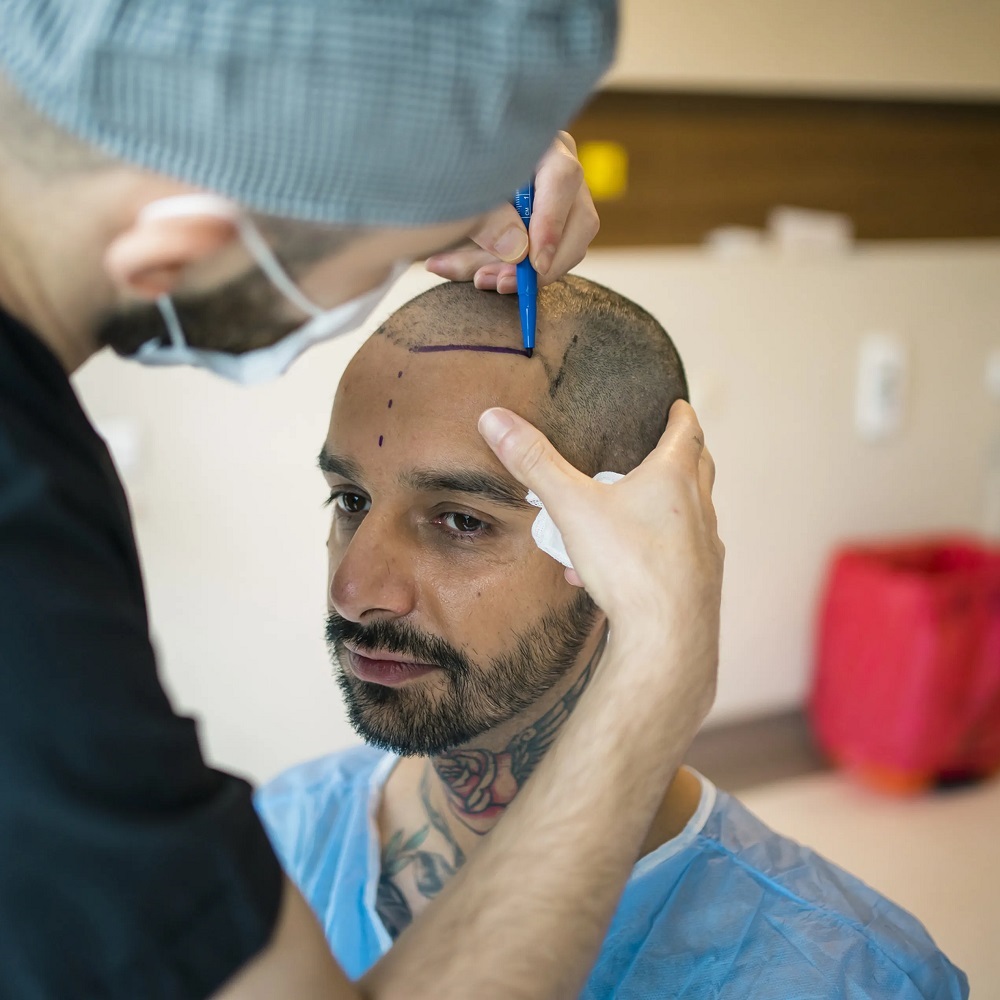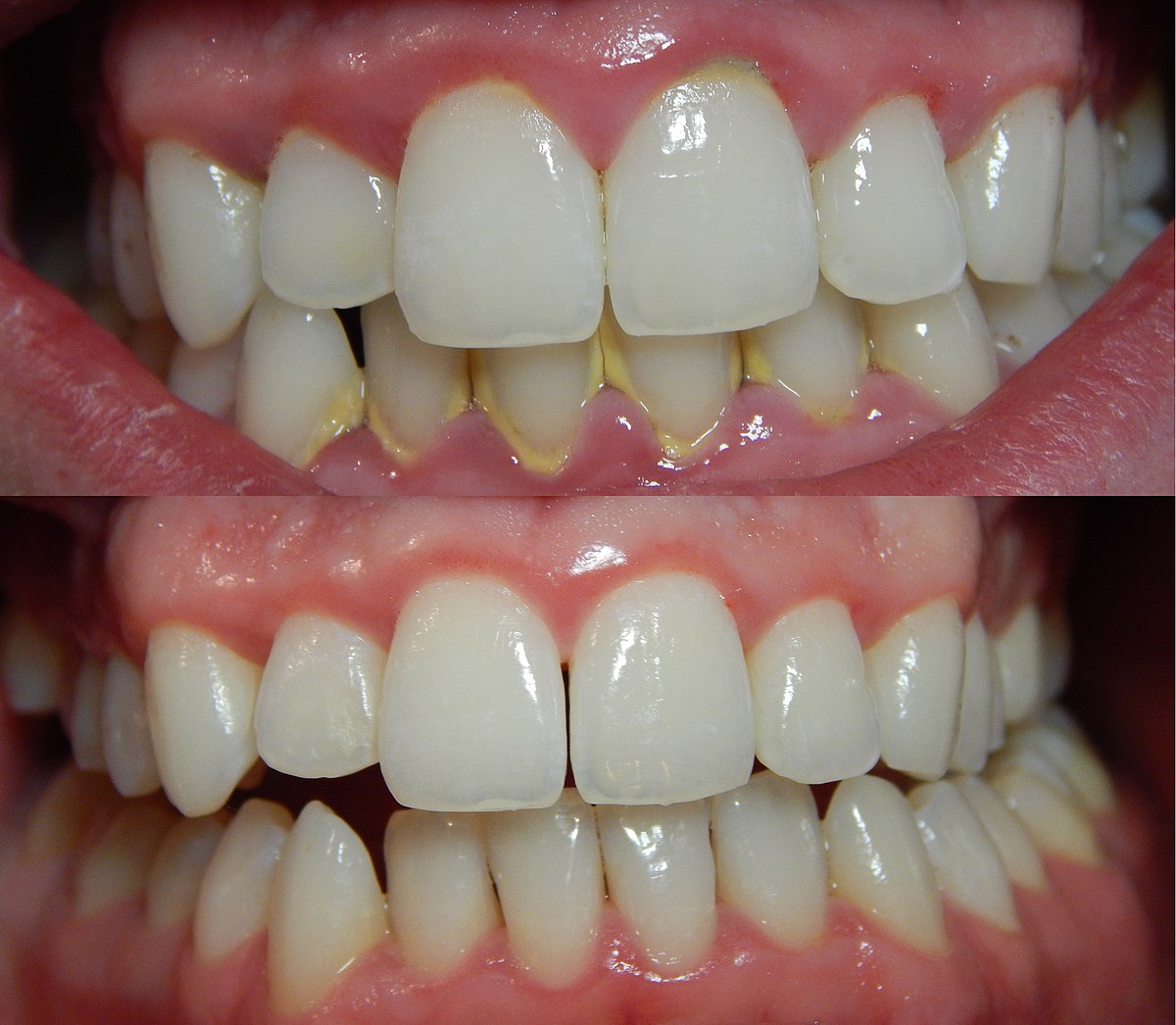What is the most common deficiency after bariatric surgery?

Strong 8k brings an ultra-HD IPTV experience to your living room and your pocket.
Bariatric surgery is a life-changing procedure that helps individuals struggling with obesity achieve significant weight loss. If you are considering Bariatric Surgery in Islamabad, it is essential to be aware of the potential nutritional deficiencies that may arise after the procedure. Since bariatric surgery alters the digestive system to promote weight loss, it can also impact the body’s ability to absorb essential nutrients, leading to deficiencies. Among these, vitamin B12, iron, calcium, and vitamin D deficiencies are the most common.
Understanding Nutritional Deficiencies After Bariatric Surgery
Bariatric surgery procedures, such as gastric bypass and sleeve gastrectomy, reduce the size of the stomach and, in some cases, bypass a portion of the small intestine. This modification helps in limiting calorie intake but also affects nutrient absorption. As a result, patients must be vigilant about their nutritional intake and supplement appropriately.
The Most Common Deficiency: Vitamin B12
One of the most prevalent deficiencies after bariatric surgery is vitamin B12 deficiency. Vitamin B12 plays a crucial role in nerve function, red blood cell formation, and DNA synthesis. Since the stomach produces intrinsic factor, a protein necessary for vitamin B12 absorption, alterations to the stomach lining after surgery can lead to a decrease in intrinsic factor production, making it difficult for the body to absorb this vital nutrient.
Symptoms of Vitamin B12 Deficiency:
- Fatigue and weakness
- Numbness or tingling in hands and feet
- Memory issues or cognitive decline
- Anemia
- Mood changes and depression
How to Prevent Vitamin B12 Deficiency:
Patients are typically advised to take vitamin B12 supplements in the form of oral tablets, sublingual drops, or even injections to ensure adequate levels.
Other Common Deficiencies
Iron Deficiency
Iron deficiency is another major concern following bariatric surgery, especially among women. The reduced stomach size and limited dietary intake can lead to decreased iron absorption.
Symptoms:
- Fatigue
- Pale skin
- Shortness of breath
- Dizziness
- Brittle nails
Prevention & Management:
Iron-rich foods like lean meats, beans, and fortified cereals should be included in the diet. In some cases, iron supplements may be necessary.
Calcium and Vitamin D Deficiency
Since calcium absorption mainly occurs in the small intestine, bypassing sections of it can lead to deficiencies. Calcium is essential for bone health, and a lack of it can result in osteoporosis.
Symptoms:
- Bone pain and fragility
- Muscle cramps
- Weak teeth
Prevention:
Patients should consume calcium-rich foods and take calcium citrate supplements along with vitamin D to enhance absorption.
Long-Term Nutritional Care After Bariatric Surgery
To maintain good health and prevent deficiencies after bariatric surgery, patients must adhere to lifelong dietary guidelines and supplementation. Regular follow-ups with a healthcare provider, including blood tests, can help detect and manage deficiencies early.
Tips for Managing Nutritional Deficiencies:
- Follow a Balanced Diet: Incorporate protein-rich foods, leafy greens, and whole grains.
- Take Prescribed Supplements: Multivitamins, iron, calcium, and vitamin B12 should be taken as per medical advice.
- Stay Hydrated: Drinking enough water supports overall health and digestion.
- Monitor Nutrient Levels: Routine blood tests ensure early detection of deficiencies.
- Exercise Regularly: Physical activity supports bone and muscle health.
Conclusion
While bariatric surgery offers numerous benefits for weight loss and overall health improvement, it is crucial to stay informed about potential nutrient deficiencies. Among the most common deficiencies, vitamin B12, iron, calcium, and vitamin D require special attention. Patients should adopt a well-balanced diet, take supplements as prescribed, and undergo regular check-ups to maintain their health post-surgery. If you are considering bariatric surgery, consult with experienced professionals to understand
Note: IndiBlogHub features both user-submitted and editorial content. We do not verify third-party contributions. Read our Disclaimer and Privacy Policyfor details.







